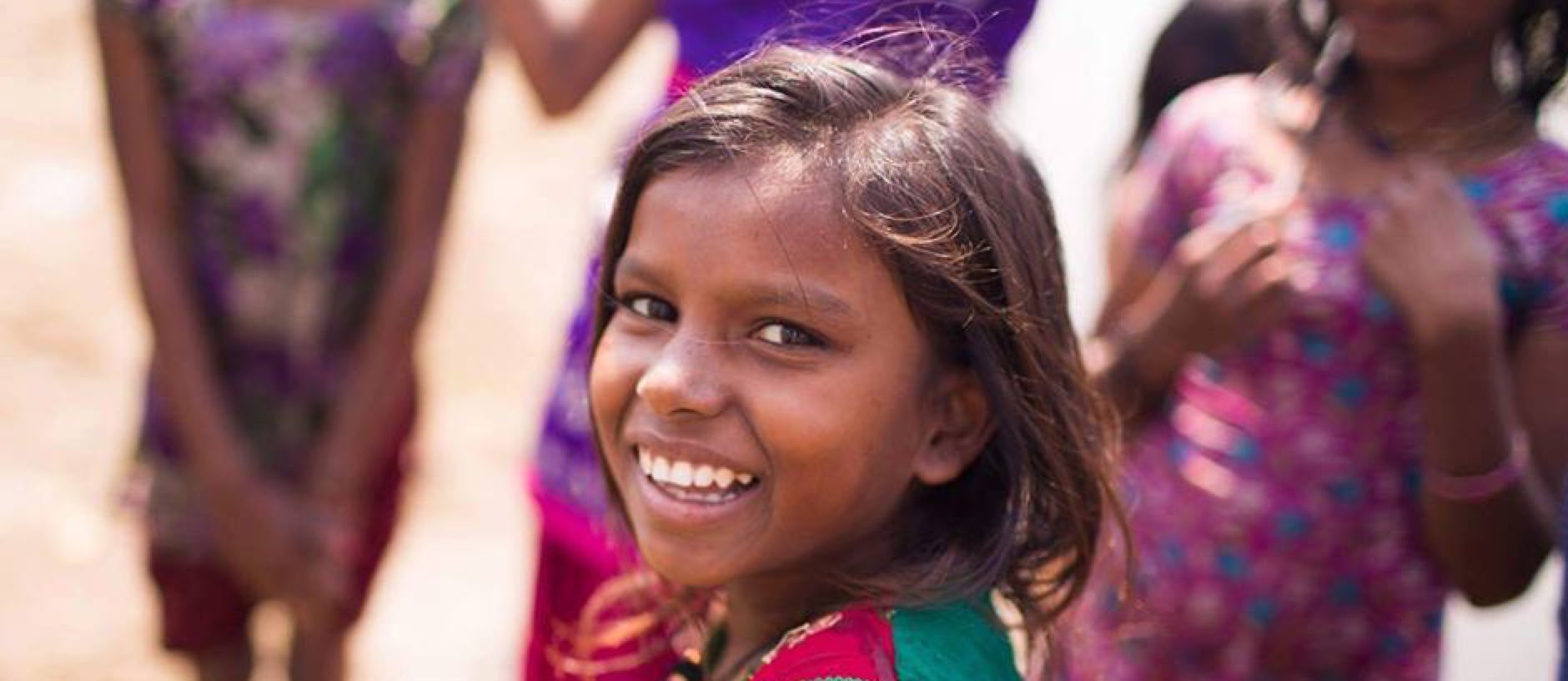
29 Aug Fighting Sex Trafficking in South Asia & South Africa
Researching International Expansion of Transit Monitoring to Intercept Victims and Traffickers
Tiny Hands International (THI) is a Christian NGO in Nepal, Bangladesh, India, and South Africa, where we do anti-trafficking work and care for abandoned or orphaned children. THI fights human trafficking by transit monitoring— monitoring public transit locations by placing trained staff in strategic locations where trafficking is likely to occur (border crossings, train stations, etc.) and intercepting suspected victims and traffickers with the assistance of local law enforcement. Recently, THI made its 10,000th victim intercept since the organization began operating. Transit monitoring is innovative in that it focuses on stopping trafficking as it is happening and relies upon verified indicators of trafficking and customized data. Therefore, the data reveals the tangible impact on the financial currency, allowing THI to maintain one of our three core values to “do much with little.” Since THI intervenes in a trafficking scenario prior to a person’s exploitation, THI is provided with a rare opportunity of both intercepting victims and targeting traffickers in order to investigate and uncover trafficking networks. Through my personal experience working with THI, I have experienced a greater value for the meaning of freedom, in that freedom is not merely physical, but also has an emotion and spiritual element. I have watched THI transform lives by restoring dignity into the lives of victims, so that the victims can confidently return home (where appropriate) with contagious hope and joy and have a lasting influence in their communities.
My role with THI involves research for their international expansion. Through completing this research and through learning more about how THI operates across numerous countries, I have learned more about the significance of anthropology and understanding cultural contexts. Since the specific indicators that suggest trafficking is occurring will vary in each context, it only makes sense that the model of transit and border monitoring must be adaptable. In my day-to-day research with in-country contacts of countries THI is considering working in, I have become increasingly aware that cultural awareness is necessary for effective and respectful communication. While learning a culture is impossible without long-term engagement with a context, the little I am able to learn about a region prior to an initial conversation with an in-country contact has been key to establishing a connection and sharing vision. By valuing the specific cultural contexts, THI’s long-term investment in the areas they work in not only honours the communities, but also helps to positively change culture and mindsets toward issues of justice, such as human trafficking. THI’s ability to engage with a variety of cultures has greatly influenced the way I approach justice in the transient city I live in. I have learned how to better familiarize myself with every person’s socio-cultural context in every conversation, which has aided my capacity to dialogue with persons from a range of backgrounds. Combining the experience of an individual context to that of the person’s community or city has bridged the gap in conversations about justice, which has eased communal commitments to action. Anti-trafficking work would be impossible without critical anthropological knowledge. Long-term, I hope that engaging with cultural contexts in justice work will allow my personal work in anti-trafficking to directly address the root of the issue in order to have a lasting, global influence on seeing the end of the slave trade.
Alongside working as a Researcher for Tiny Hands International, M. is a PhD Candidate at the University of Edinburgh Centre for South Asian Studies.




Dorothy(Dot) Maree
Posted at 10:22h, 30 SeptemberGood day!
I am already involved in a ministry helping women that were involved in prostitution or that were humantrafficked here in Sunnyside Pretoria.How does one become involved in volunteering on the airports and what are the needs on the airports.
Thank You and bless you
Dot Maree